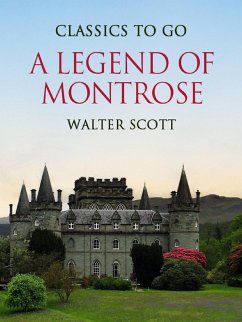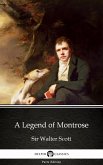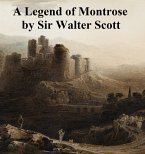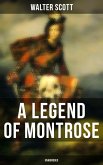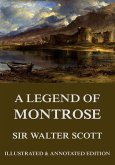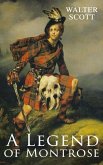Against the background of Montrose's campaign of 1644-5, this spirited novel centres on one of Scott's most memorable creations - Sir Dugald Dalgetty of Drumthwacket. This hard-headed Aberdonian contrasts tellingly with the weird and passionate Highland feud in which he becomes perilously entangled, as the narrative moves from Dalgetty's unflinching encounter with the Duke of Argyll, to his dramatic escape from Inveraray Castle, to the battle of Inverlochy. (Goodreads)
Dieser Download kann aus rechtlichen Gründen nur mit Rechnungsadresse in A, B, BG, CY, CZ, D, DK, EW, E, FIN, F, GR, HR, H, IRL, I, LT, L, LR, M, NL, PL, P, R, S, SLO, SK ausgeliefert werden.
